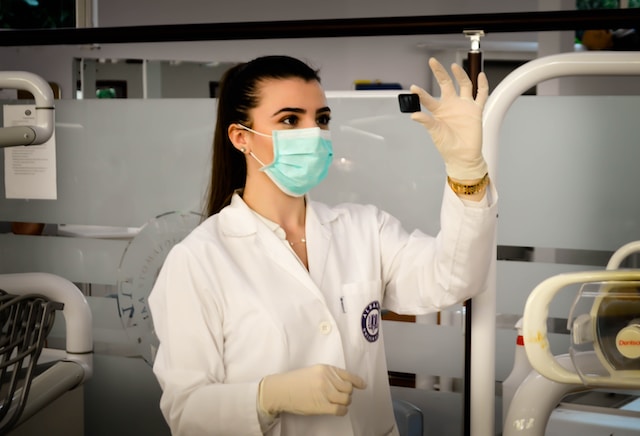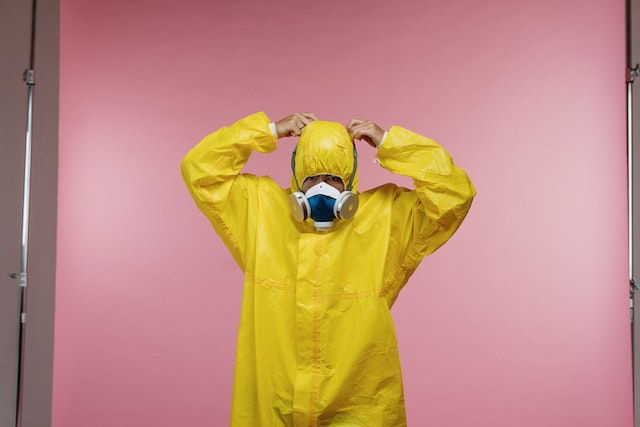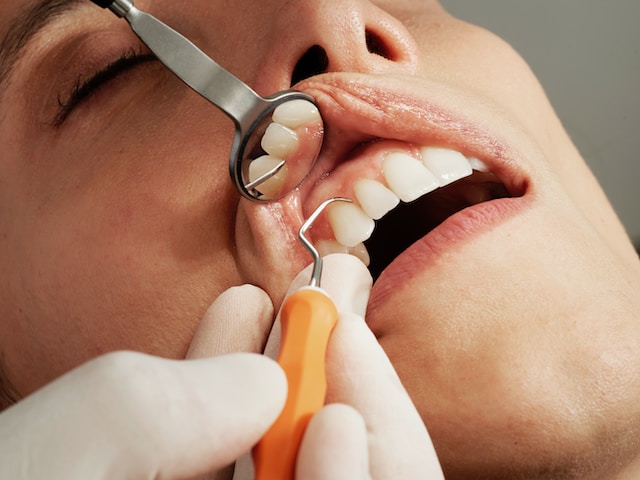Monoclonal antibodies are a type of medicine that help prevent hospitalization, reduce viral loads and lessen symptoms. They bind to a specific protein called the spike protein on the COVID-19 virus’s surface.
Some mAbs have been shown to reduce the risk of severe illness and hospitalization by 70 percent in people with COVID-19. But how effective these therapies are is still being studied.
Reduces Risk of Severe Illness
Monoclonal antibodies (mAbs) targeting the coronavirus spike protein can help prevent COVID-19 from entering cells. This can help other antiviral treatments work better and reduce the time you are sick with the virus.
However, they may not be effective against new variants of the coronavirus. For example, omicron, the dominant version of COVID-19 in the United States, has become resistant to many monoclonal antibodies.
As the pandemic continues, scientists are working to find a new monoclonal antibody covid 19 therapy Catonsville to prevent or treat severe diseases with COVID-19. Some mAbs are already FDA-approved as emergency-use agents for patients exposed to COVID-19. Others are being studied for prevention.
Reduces Hospitalizations
Monoclonal antibody therapy has been shown to reduce hospitalizations among high-risk patients with COVID-19. However, there are many challenges to increasing this treatment nationally.
In a recent study, researchers at UPMC found that patients who received monoclonal antibody infusions had fewer hospitalizations than those who didn’t. They also found that the effect was more pronounced in older patients.
The researchers attributed the reduced hospitalization rate to early intervention with mAb infusions. They say that the monoclonal antibodies work by reducing the amount of the virus in a person’s body, which can prevent symptoms from developing and keep them from getting sicker.
UCHealth is committed to providing this life-saving treatment to those at the highest risk of COVID-19. This includes people who have certain medical conditions, such as obesity and those who are elderly.
Reduces Risk of Death
Monoclonal antibodies are a type of treatment that has been shown to reduce the risk of death in people with COVID-19 significantly. They work by boosting your body’s natural immune system, which is designed to attack infection.
Antibodies are made by the B cells of your immune system, which hunt for foreign proteins, such as viruses or bacteria. They bind to and neutralize the virus in the body, reducing disease severity.
Monoclonal antibodies have been used to treat patients with various diseases, including cancer and heart disease. They have also been used to prevent the spread of certain viruses, such as Ebola.
Reduces Symptoms
Monoclonal antibodies (mAbs) mimic the immune system’s natural ability to fight off infection. They have changed the way doctors treat cancer and other illnesses.
Researchers are working to develop monoclonal antibodies that can be used against COVID-19. These promising tools could help prevent this new virus from spreading and mutating into a more serious variant.
However, they’re not a substitute for vaccines. Doctors still need to encourage the community to get vaccinated.
Reduces the Risk of Developing Resistance
Monoclonal antibodies are lab-grown proteins that supplement your body’s natural immune system. They’re designed to bind to the coronavirus spike protein, which keeps the virus from entering cells and multiplying in the body.
But monoclonal antibodies are easily outmaneuvered by new COVID strains, which can lead to resistance. So researchers are working to find new types of monoclonals that may be harder to mutate.
Researchers have previously created monoclonal antibodies by identifying pathogen-specific B cells from patients recently recovered from an infection or by immunizing mice genetically modified to develop humanized immune systems. These antibodies typically have a receptor-binding domain (RBD) that engages their cognate epitope in up-and-down protein conformations.




